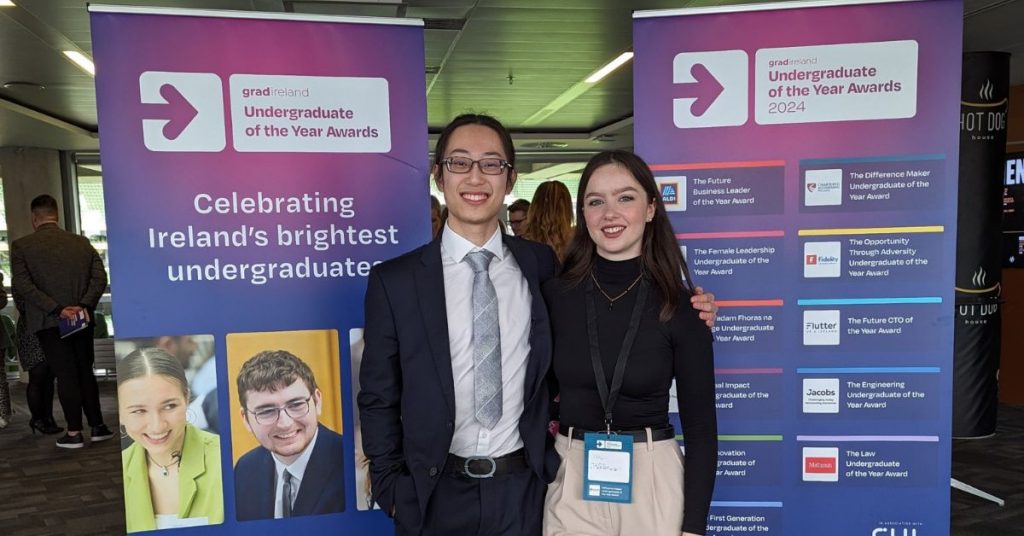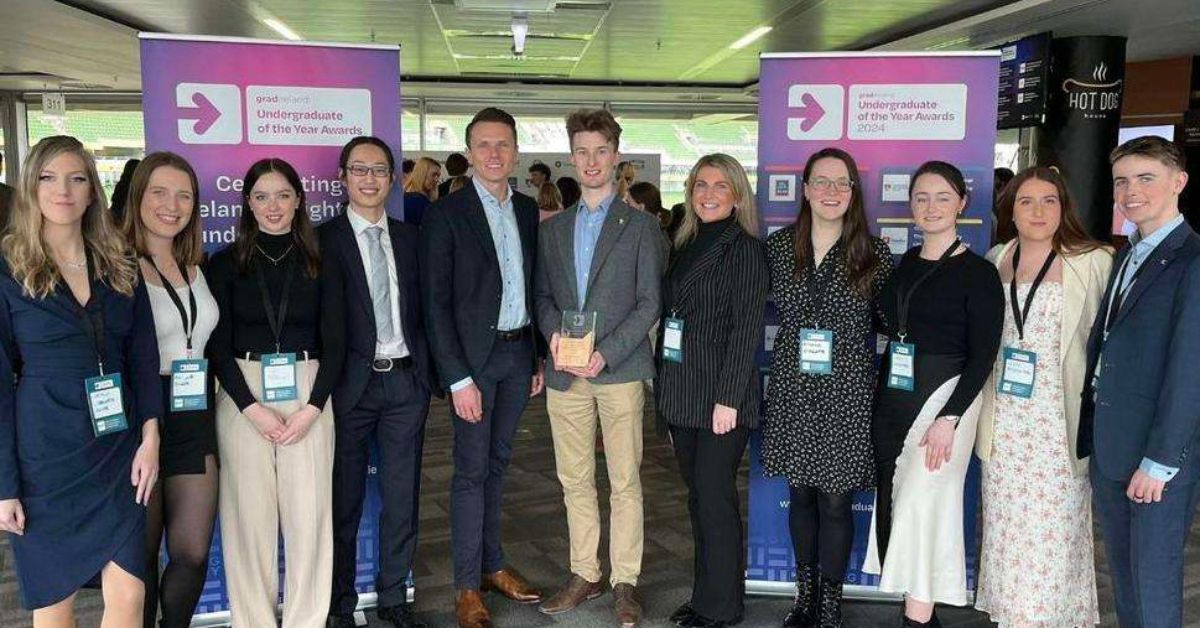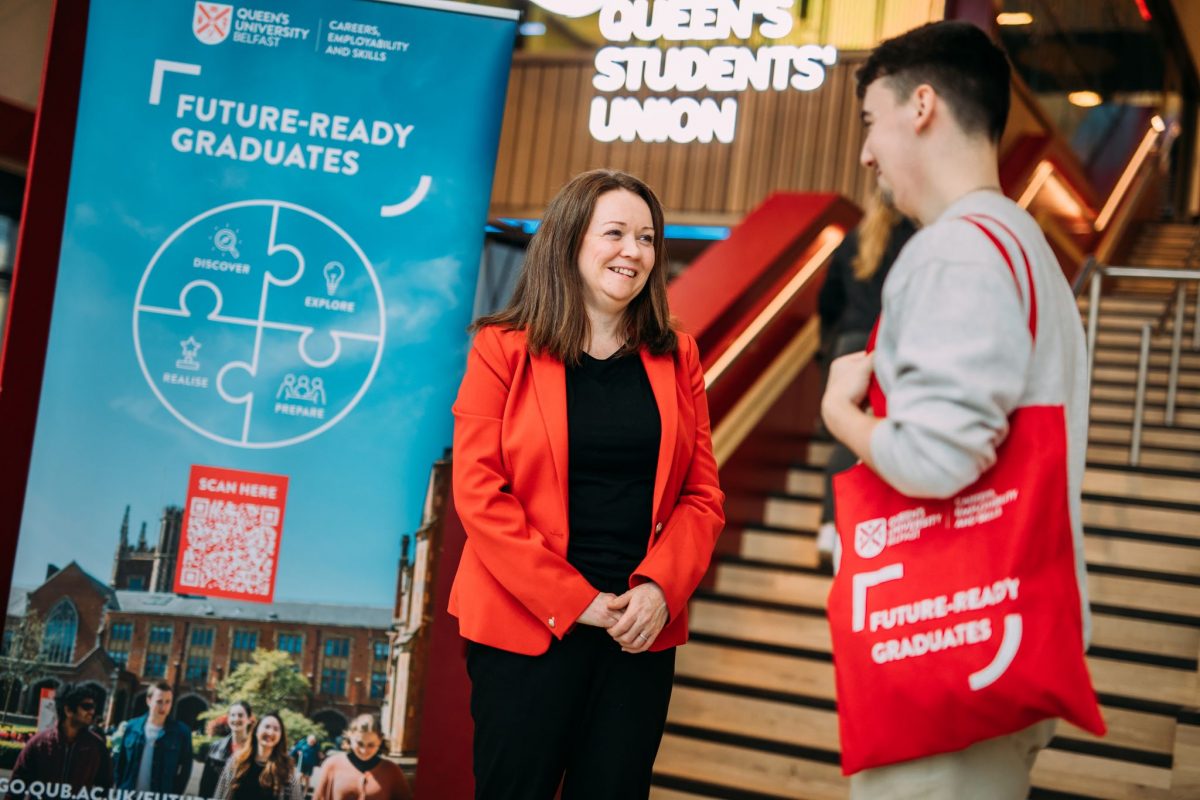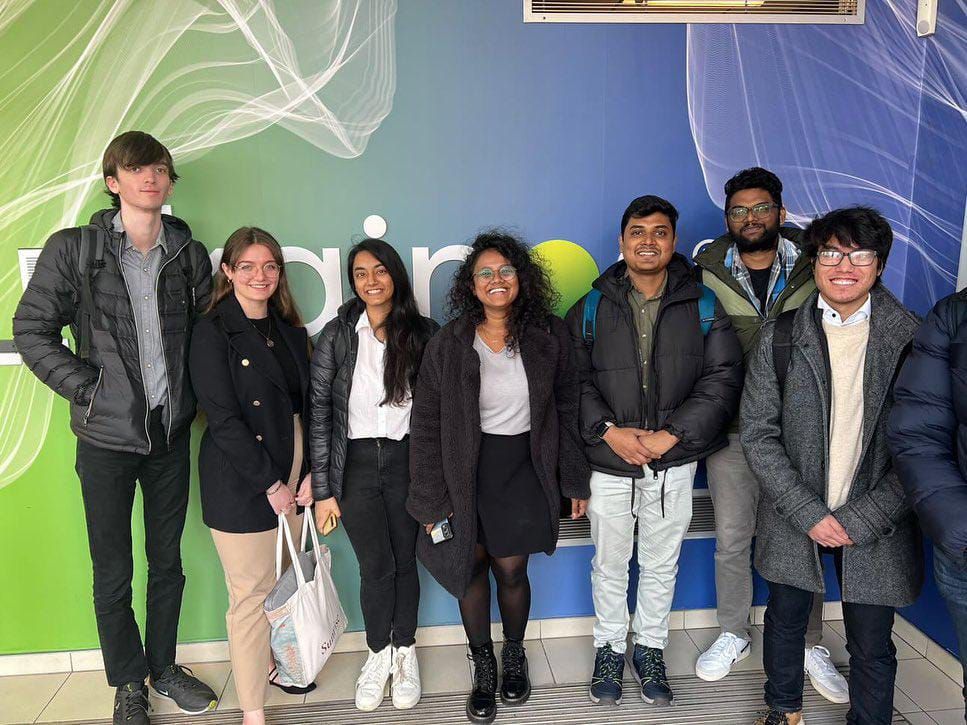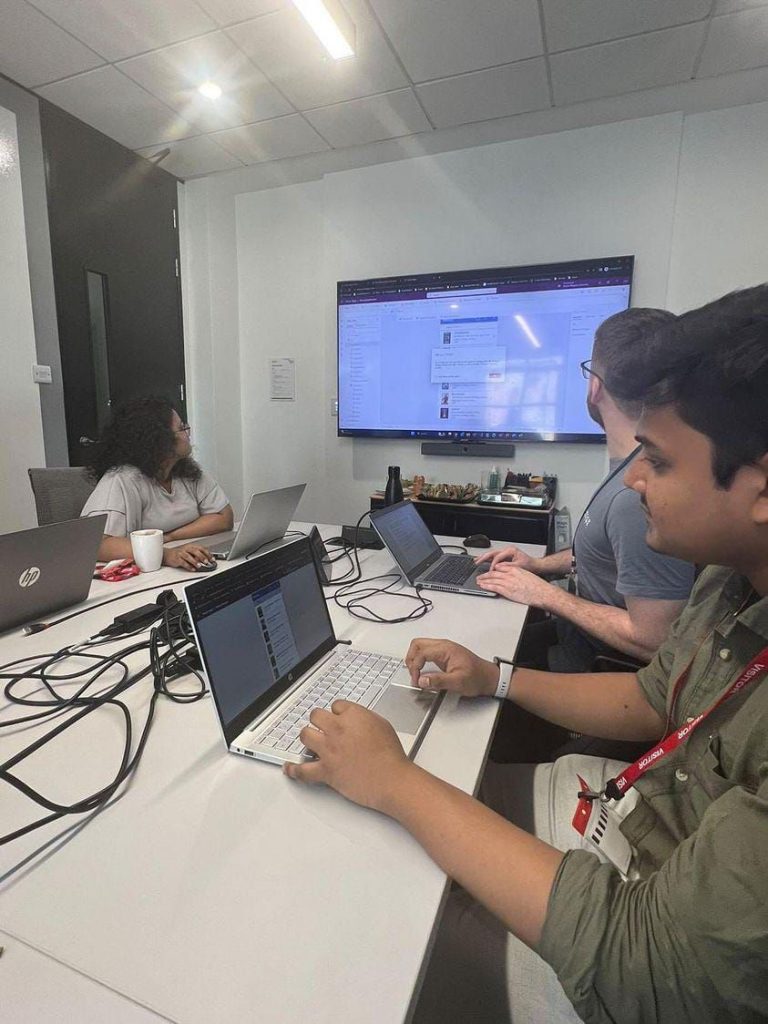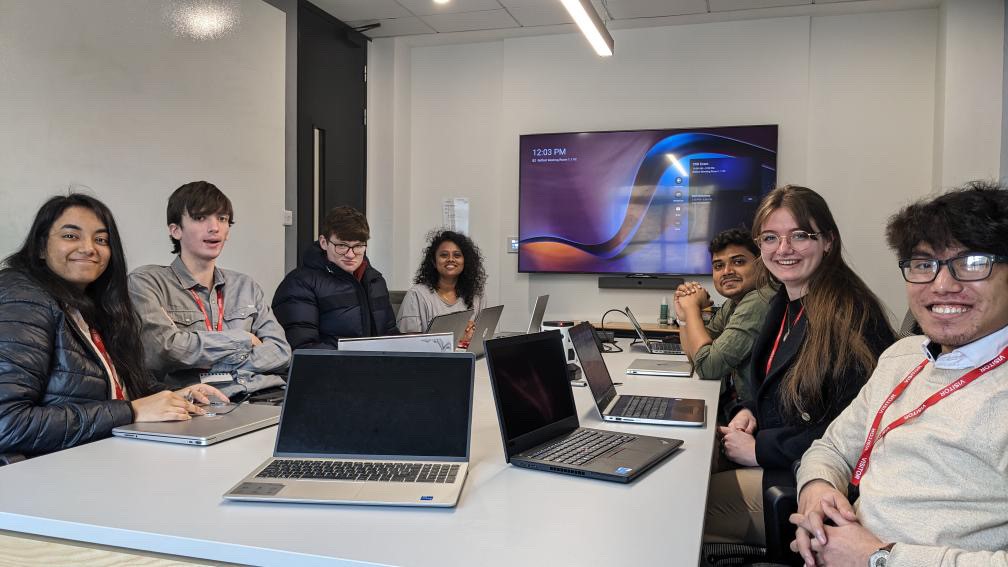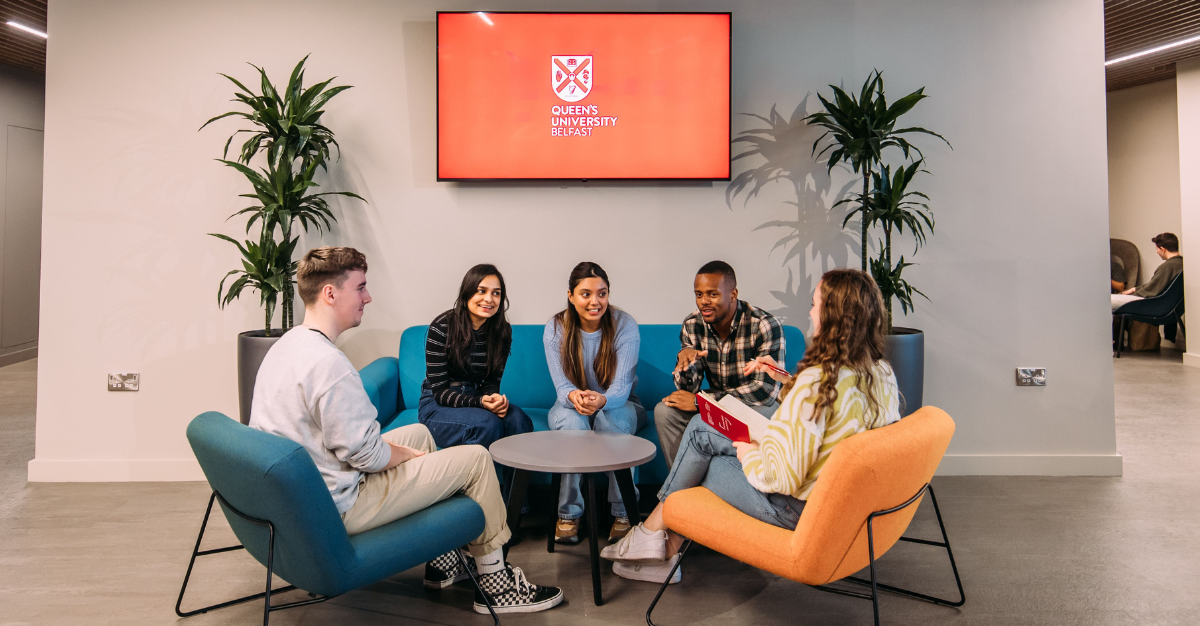Queen’s Computer Science student Tim Chan, takes us through his night as an award nominee at the gradireland Undergraduate of the Year Awards 2024.
Take it away Tim…
“A few months ago, an email from the Queen’s Student Union’s VP of Undergrad Education told us about the gradireland Undergraduate of the Year Awards. The gradireland Undergraduate of the Year Awards is an annual competition aimed at finding the best undergraduates in Ireland. Each award is sponsored by a different graduate recruitment company with its own prize including things like cash prizes or work experience with the graduate employer.”
“I nominated myself for the ‘Difference Maker Undergraduate of the Year Award’, in the hope of highlighting some of the work I do in student societies and as school rep for EEECS to inspire other students to also take part in these rewarding activities. The nomination process included an online application form with specific questions about the award, an online test and an online interview (this differs depending on the award category). About a month later, I received an email that I was shortlisted as one of the top 10 finalists of the award, and was invited to the final award ceremony in Dublin.”
“The award ceremony was in the Aviva Stadium in Dublin during April, and it was amazing. We were greeted by gradireland and were given complimentary tea/coffee and some snacks for about an hour of networking with finalists from all the award categories. This was followed by an amazing three course dinner, which was really good, better than any formal dinner I’ve been to during uni. It was at that table that I met another student from Queen’s, Mary Freeman, who was nominated for the same award category, and we found out that we were even on the same train on the way down.”
“During the awards dinner we sat with representatives from the graduate employer sponsor of our award. That was when I met Barry who was currently the Vice President of Chartered Accountants and was about to enter a new role as President. I thought the experience was going to be super scary, but everyone was very friendly, we shared funny experiences and everyone’s career journey even though mine hadn’t even started and everyone was very down to earth.”
“Whilst I didn’t win the final award, this was an amazing experience. I got to network with other amazing finalists and was told that if a careers as a Software Engineer doesn’t work out, I could always try accountancy. I would definitely recommend anyone to apply for the awards when they come out in future years, there’s absolutely nothing to lose and everything to gain!”
Some highlights from the night of the awards, including that amazing three course awards dinner!


